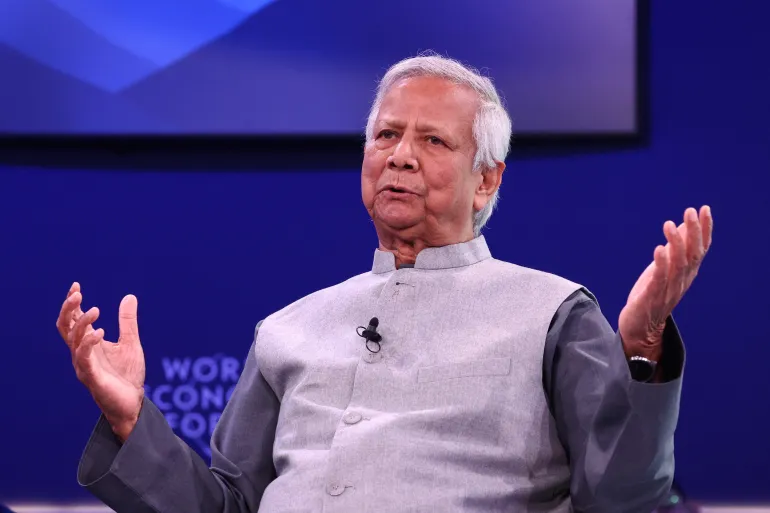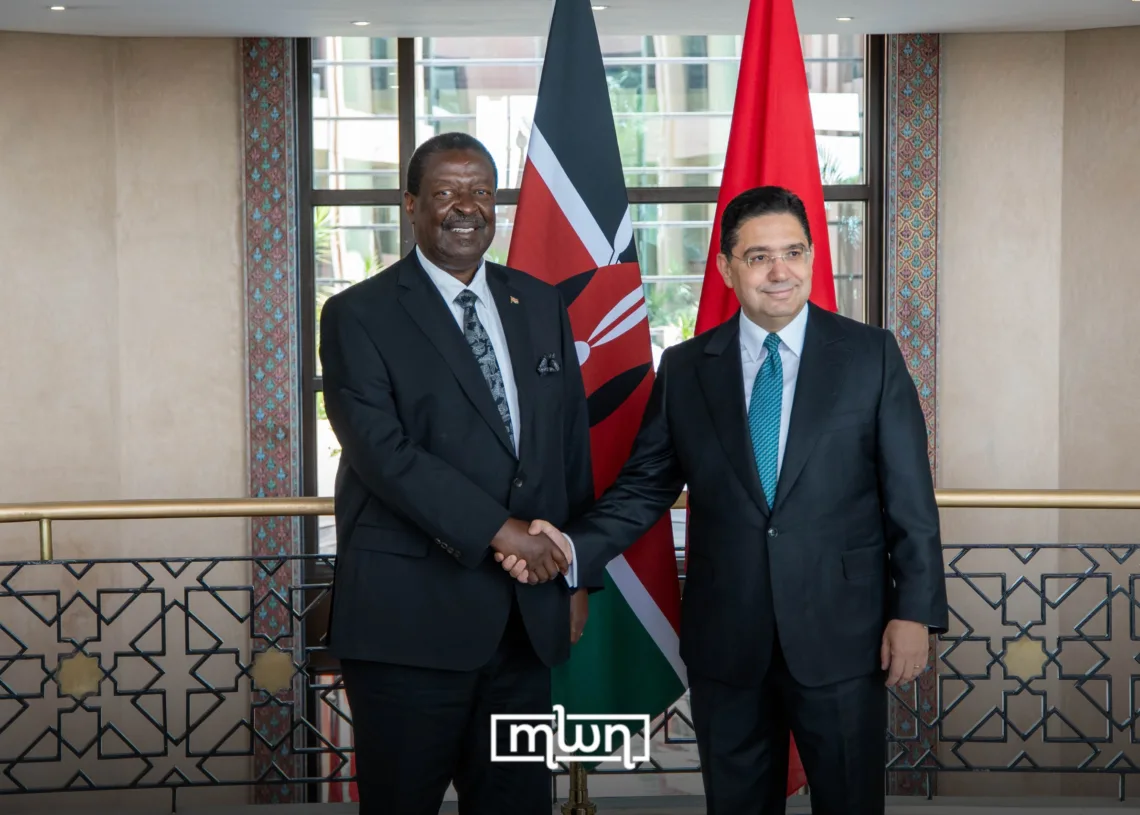Muhammad Yunus, Bangladesh’s interim leader and Nobel Peace Prize laureate, is reportedly considering stepping down from his post just months after assuming office, amid mounting political pressure, legal challenges, and a widening divide between civil society and the ruling establishment.
Yunus, who was appointed interim head of government earlier this year to oversee democratic transition and national elections, is said to be disillusioned with the increasingly toxic political environment and institutional pushback against his reform agenda. Sources close to Yunus told Al Jazeera that he has privately expressed concerns over the lack of cooperation from key state actors, including segments of the judiciary, civil service, and security forces.
“He didn’t expect the level of resistance he’s facing from within the system,” said one senior aide. “There are elements actively working to sabotage the transitional process.”
The interim administration was formed following mass protests and international condemnation of the previous Awami League government, which critics accused of authoritarianism, electoral manipulation, and widespread human rights abuses. Yunus, a globally respected figure and founder of the Grameen Bank, was seen as a consensus candidate who could restore credibility and steer the country toward a free and fair election.
However, his tenure has been rocky from the outset. Legal cases linked to previous financial matters, widely viewed by observers as politically motivated, have resurfaced under the guise of judicial independence. At the same time, entrenched bureaucratic elites and politically connected business groups have pushed back against transparency measures and anti-corruption initiatives championed by Yunus.
In recent weeks, the pressure has intensified. Court summonses, media smear campaigns, and veiled threats have reportedly shaken Yunus’s inner circle. Meanwhile, factions within the former ruling party have accused him of bias and aligning with opposition groups.
Adding to the pressure, international actors who once supported Yunus’s interim leadership—such as the United States and European Union—are now cautiously recalibrating their involvement. They are reportedly concerned that Yunus’s potential resignation could derail the fragile democratic roadmap and embolden anti-reform forces.
Despite the turmoil, Yunus has continued to call for electoral reforms, press freedom, and an independent election commission. But insiders say the Nobel laureate’s patience is wearing thin as institutional resistance grows and the political climate becomes more volatile.
“He took this role to serve the people and protect democracy,” said a civil society leader familiar with the situation. “But he’s being punished for trying to do just that.”
If Yunus were to resign, it would likely plunge Bangladesh into renewed uncertainty and risk emboldening forces that oppose democratic reform. Some analysts warn that such a move could lead to military involvement or a return to hardline political control, undoing hard-won progress.
As of now, Yunus has made no public statement regarding resignation. His office has declined to comment on the reports, though officials have confirmed that consultations are ongoing with national and international stakeholders.
For many Bangladeshis who hoped his leadership would usher in a new era of political accountability and inclusion, the possibility of Yunus stepping down feels like the collapse of their last best hope.
“The system has crushed every honest voice,” said a Dhaka-based journalist. “If Yunus walks away, it sends the message that no one, not even a Nobel laureate, can challenge the rot at the heart of our politics.”
Source: Al Jazeera



